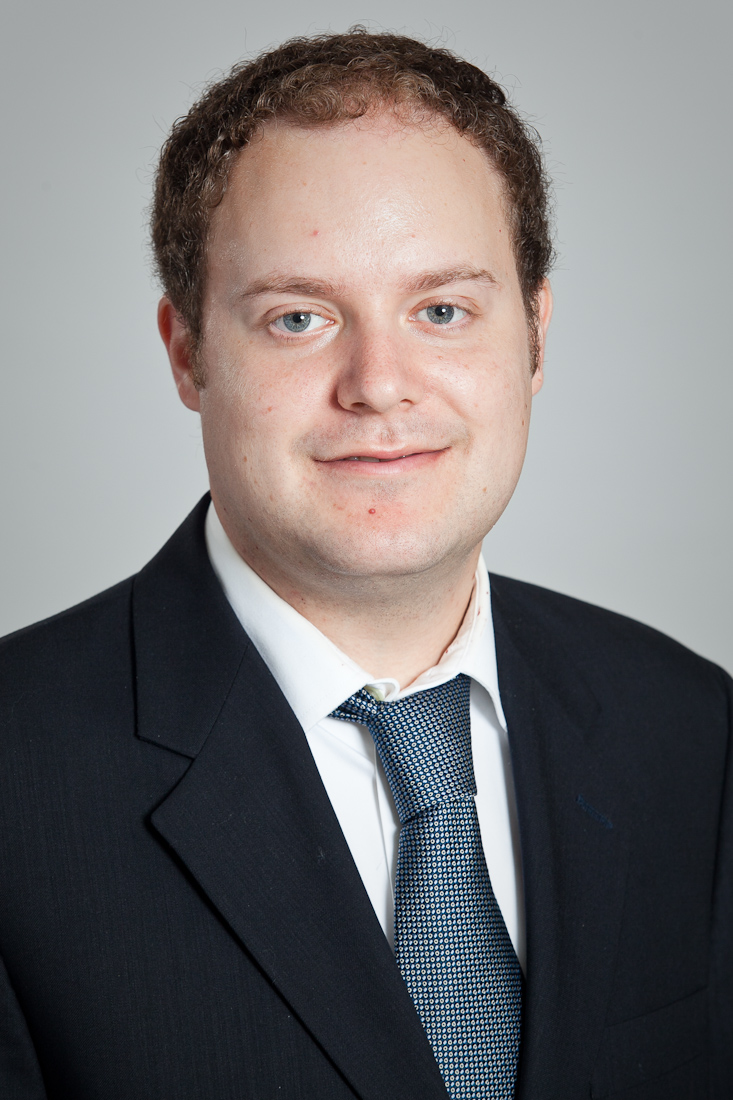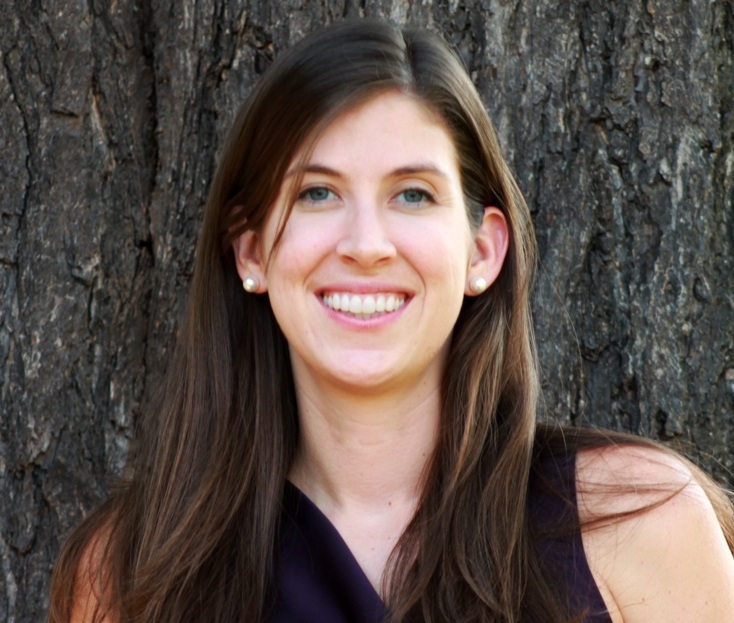EDF Climate Corps fellow | September 23, 2013
Today EDF Climate Corps launches a new Building Energy Initiative to accelerate energy performance in buildings and to help facilitate a tipping point in the Chicago marketplace. The program has already been active in the region working with Chicago Public Schools and the Institute for Sustainable Energy Development. Read the interviews below with two of the 2013 EDF Climate Corps fellows who already made an impact saving energy and money in Chicago.

Name: Joseph Cohen
Hometown: Baltimore, MD
School: University of Maryland - The Robert H. Smith School of Business
Host Organization: Institute for Sustainable Energy Development
Q: Why did you join EDF Climate Corps?
A: The fellowship fits into my career goals and ambitions of promoting sustainable energy and curtailing demand. I saw it as a tremendous learning opportunity to see what businesses are doing in the energy efficiency space, what’s working and what’s not.
Q: What are you working on this summer?
A: I’ve been looking at some facilities in the Chicago area and assessing their potential for demand response. I’m also looking at their current needs to be able to participate in the demand response markets like metering the buildings and examining whether such investments are cost effective.
Q: In tackling those projects, what has been the most difficult part?
A: My experience is a little different because I’m focusing on demand response rather than pure energy efficiency. The demand response market is still relatively young with a limited number of players, so it’s difficult finding proper data. In particular, how certain energy management measures correlate to cutting demand and dealing with the variability of potential revenue. I want to make sure these investments are worthwhile.
Q: Have you found any ways that have been helpful in overcoming those difficulties?
A: It’s still a work in progress. It’s helpful that the investments are being paid for by the property management, but it’s still a hurdle we’re trying to overcome.
Q: What has been the best part about working at Institute for Sustainable Energy Development?
A: Learning a whole new topic in the energy space.
Q: What is the mark you want to leave on the world?
A: I’m interested in working in emerging market areas. I want to help those emerging areas to build up their infrastructure on a more energy efficient foundation.

Name: Charlotte Peyraud
Hometown: Minnetonka, MN
School: Columbia University
Host Organization: Chicago Public Schools (CPS)
Q: Why did you join EDF Climate Corps?
A: I’m a student in Columbia University’s Sustainability Management program, and I saw this fellowship as an amazing opportunity to apply what I’ve learned in the classroom to a real-world situation.
Q: What are some projects you’re working on?
A: CPS has developed great energy programs, however district-wide awareness and participation is lacking. This summer I have focused on supporting the expansion and development of these programs, namely their Energy Shared Savings program. This program incentivizes schools, which are not responsible for paying their utilities, by awarding a portion of the annual utility savings to the schools that implement energy efficiency programs.
I have also worked on training and communicating the roll-out of the District’s use of Energy Star’s Portfolio Manager. CPS headquarters has been tracking energy use in Portfolio Manager for years, but now everyone -from facility managers to students -will be able to view their school’s energy use and Energy Star score. The District has set a goal to increase the average Energy Star score from a 48 to a 60 in the next few years, representing a potential savings of $12 million a year. I have been working with District facility managers to identify low- and no-cost opportunities to increase their efficiency and improve their score.
Further, I have been working on leveraging external resources, specifically organizations and non-profits with aligned missions of developing sustainability programs in schools, who can help to provide resources and training to CPS schools and advance the District’s energy goals.
Q: In tackling those projects, what has been the most difficult part?
A: CPS is a huge school district—the third largest in the country—with over 400,000 students, 40,000 staff members and 600 schools. My recommendations focus on increasing participation in sustainability initiatives, which can be difficult on such a large scale. It is extremely important to understand the communication channels and value proposition to each individual in order to increase buy-in.
Also, like many other public-sector organizations, CPS has seen drastic budget cuts in the past few years. With these cuts it has been difficult to maintain a budget to implement energy efficiency projects with payback of longer than a year. To protect against this, I have been researching the feasibility of a Green Revolving Fund. If accepted, this fund would help maintain a budget to implement projects while building the business case for energy efficiency investments.
Q: What has been the best part about working with Chicago Public Schools?
A: As the third largest school district in the country, the potential savings are inspiring. It’s been equally inspiring working with external organizations to get the kids involved so they can grow up to be responsible energy users. Getting 400,000 students engaged in saving energy—imagine the community ripple effect!
This post is a part of our "Interviews with Tomorrow's Leaders" series. Stay tuned for more interviews with our 2013 EDF Climate Corps fellows!
About EDF Climate Corps EDF Climate Corps (edfclimatecorps.org) taps the talents of tomorrow’s leaders to save energy, money and the environment by placing specially-trained EDF fellows in companies, cities and universities as dedicated energy problem solvers. Working with hundreds of leading organizations, EDF Climate Corps has found an average of $1 million in energy savings for each participant. For more information, visit edfclimatecorps.org. Read our blog at edfclimatecorps.org/blog. Follow us on Twitter at twitter.com/edfbiz and on Facebook at facebook.com/EDFClimateCorps.